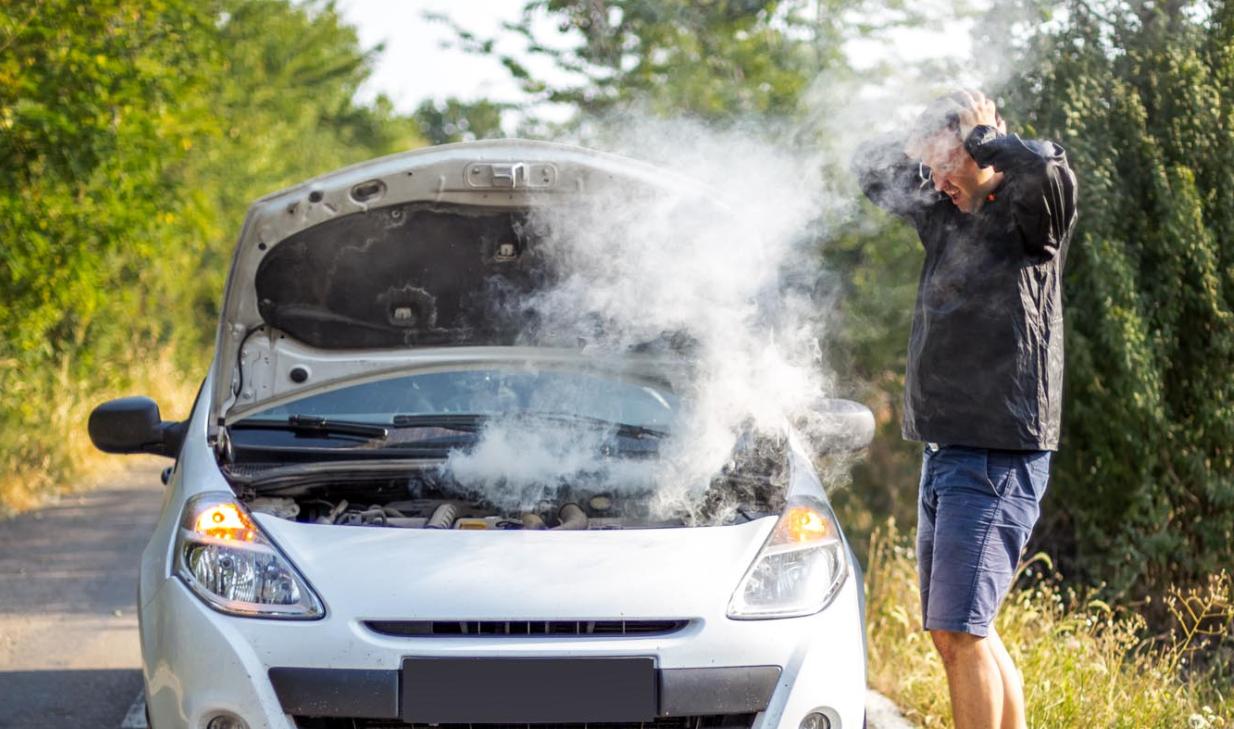
Why Is My Car Battery Smoking and Bubbling During Charging?
A smoking or bubbling car battery during charging is a serious issue that can indicate overcharging, overheating, or internal damage. Addressing these symptoms promptly is crucial to prevent further damage or safety hazards. Understanding the causes and solutions can help maintain your vehicle’s electrical system effectively.
What causes a car battery to smoke and bubble during charging?
Car batteries can smoke and bubble due to several factors, including overcharging, internal short circuits, and excessive heat. When batteries are charged beyond their capacity, they can produce gas and heat, leading to bubbling of the electrolyte solution. This can result in smoke emissions, which are often indicative of underlying issues.Chart: Common Causes of Battery Smoking
| Cause | Description |
|---|---|
| Overcharging | Excessive voltage leads to gas buildup and heat |
| Internal Short Circuit | Faulty connections cause high current flow |
| Overheating | Environmental factors or faulty components increase temperature |
How does overcharging lead to battery smoking and bubbling?
Overcharging occurs when too much voltage is supplied to the battery, causing the electrolyte solution inside to boil. This boiling generates gas (hydrogen) that can escape through vents, resulting in bubbling. If unchecked, overcharging can lead to increased pressure within the battery, potentially causing it to leak or even explode.Chart: Effects of Overcharging on Car Batteries
| Effect | Description |
|---|---|
| Gas Buildup | Hydrogen gas accumulates, leading to pressure |
| Electrolyte Boiling | High temperatures cause electrolyte to bubble |
| Risk of Explosion | Excessive pressure may rupture the battery casing |
What are the signs that indicate a failing battery?
Signs of a failing battery include:
- Bubbling or Smoke: Visible signs of gas escaping.
- Strong Odor: A rotten egg smell indicates sulfuric acid leakage.
- Corrosion: White powdery substance around terminals.
- Diminished Performance: Difficulty starting the vehicle or dimming lights.
Addressing these symptoms early can prevent further damage and ensure vehicle safety.
Why is it dangerous to ignore a smoking or bubbling battery?
Ignoring a smoking or bubbling battery poses significant risks, including:
- Fire Hazard: The buildup of hydrogen gas is highly flammable.
- Explosion Risk: Overpressure from gas buildup can cause explosions.
- Toxic Fumes: Smoke contains harmful chemicals that can affect health.
Immediate action is required if these symptoms occur; failure to do so can lead to severe accidents or injuries.
How can overheating affect car battery performance?
Overheating can accelerate chemical reactions within the battery, leading to faster degradation of internal components. High temperatures may also cause electrolyte evaporation, reducing capacity and efficiency. In extreme cases, overheating can result in thermal runaway—a condition where increased temperature causes further reactions that generate even more heat.
What steps should you take if your car battery starts smoking?
If your car battery begins to smoke:
- Turn Off the Engine: Immediately stop any charging process.
- Move Away from the Vehicle: Keep a safe distance from potential hazards.
- Allow Cooling: Let the battery cool down before inspecting it.
- Seek Professional Help: Contact a mechanic for thorough diagnostics and repairs.
Taking these steps ensures safety while addressing potential issues with your vehicle’s electrical system.
What are the potential risks associated with a smoking car battery?
The risks linked with a smoking car battery include:
- Fire Damage: A smoking battery can ignite nearby materials.
- Electrical System Failure: Damage may extend beyond the battery itself.
- Health Risks: Exposure to toxic fumes from smoke can be harmful.
Regular maintenance and monitoring of your vehicle’s electrical system can mitigate these risks significantly.Industrial News
Recent studies highlight advancements in automotive batteries aimed at improving safety during charging. Innovations include smart charging systems that monitor voltage levels in real-time, preventing overcharging incidents. Additionally, manufacturers are focusing on creating batteries with enhanced thermal management features that reduce overheating risks, ensuring safer operation for consumers.Lithium Battery Expert Views
“Understanding how batteries function under various conditions is critical for vehicle safety,” says Dr. Emily Tran, an automotive energy expert. “When signs like smoke or bubbling appear, immediate action is essential. Ignoring these warnings could lead not only to costly repairs but also serious safety hazards.”
